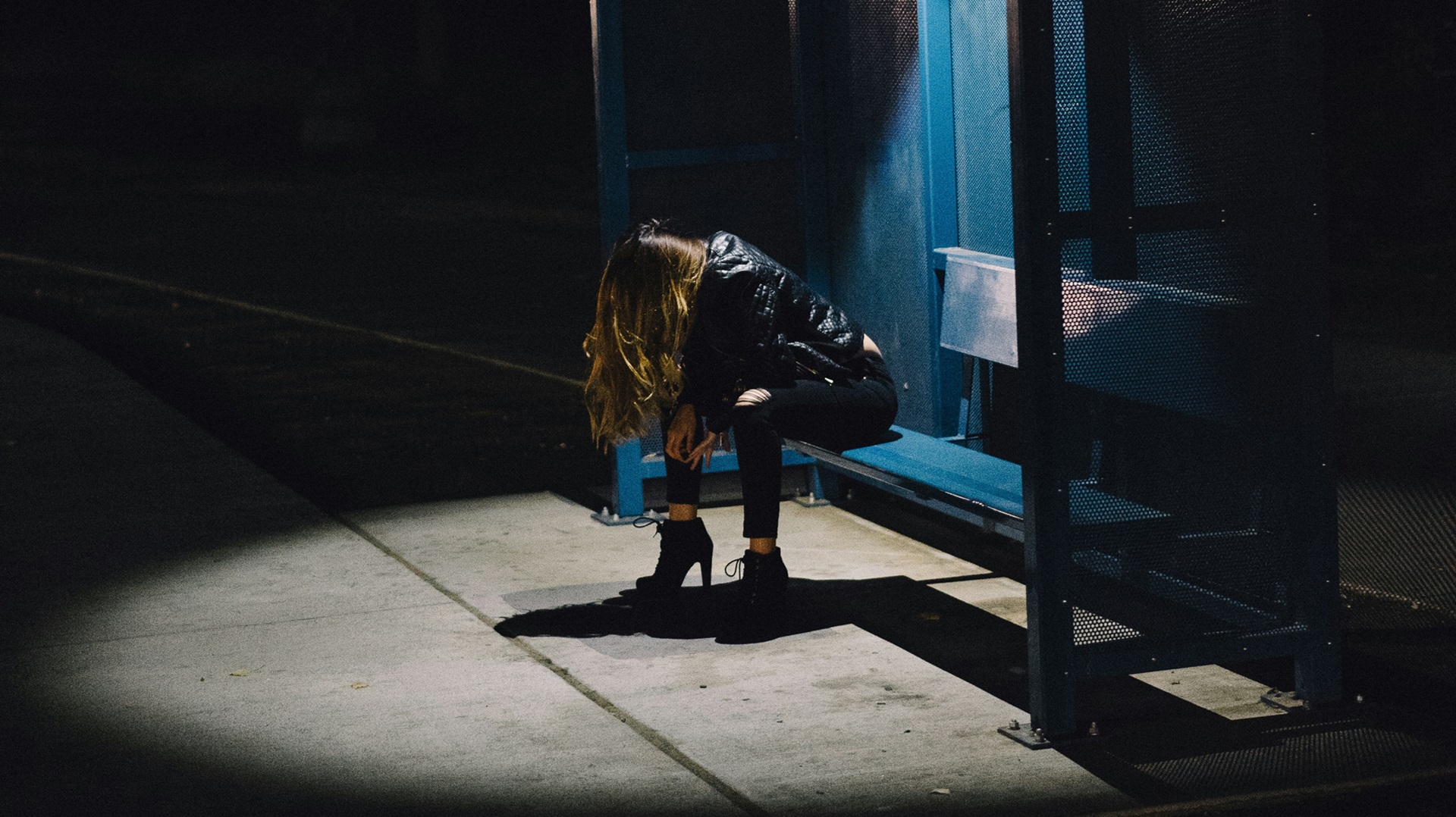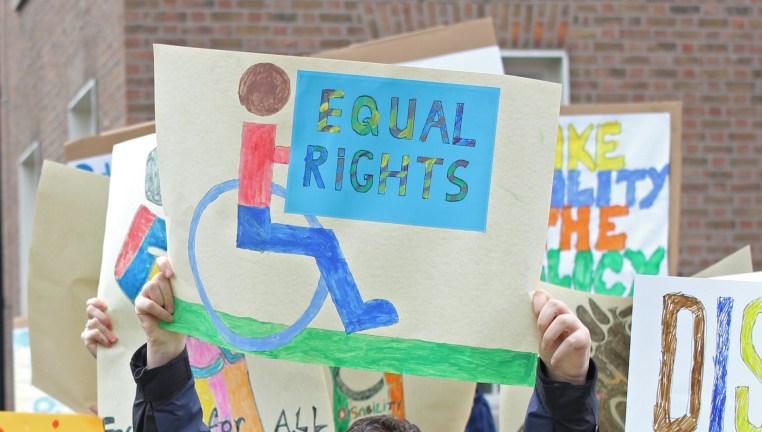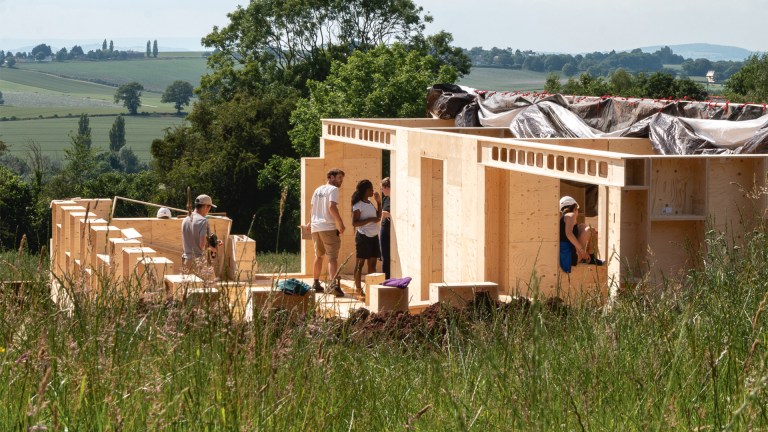Women experiencing homelessness in England are being let down by a system designed predominantly for men. A major part of the problem is that the government policies and practices we rely on are based on data that doesn’t recognise and account for the experiences of women sleeping rough. It’s not surprising that we’re not getting it right for women. If we don’t understand the nature and extent of a problem, then how can we possibly expect to develop effective solutions?
That’s why Single Homeless Project and Solace, together with a coalition of homelessness and women’s sector organisations and local authorities developed and conducted a gender-informed census of women sleeping rough. We knew that if we looked for women in the right places and talked to them about their experiences, we could recommend the solutions we know we desperately need.
There could be 5,000 women sleeping rough across England
The evidence from our latest census, conducted across 41 local authorities, estimates there may be up to nine times as many women rough sleeping across England than the government’s annual rough sleeping snapshot suggests. If we were able to do the count in every single local authority (317), we could be looking at well over 5,000 women sleeping rough. But the last government snapshot only found 568 women and 125 local authorities didn’t find any women sleeping rough at all. The stark difference in these figures alone tell you that something is very wrong with the status quo.
Why is the government missing these women in their snapshots? It’s because only counting people when you see them bedding down on the street doesn’t work for everyone. Women are at constant risk of violence and so protect themselves by staying hidden. But it doesn’t mean they can’t be supported – we just need a better approach.
What needs to change?
Last week, we delivered a letter to Angela Rayner and ministers backed by 47 charities, networks and local authorities across England. We made three calls to action to tackle the systemic inequalities faced by homeless women:
- Make the government’s response to homelessness and rough sleeping gender-informed. The clearest example of how our current system is failing women is that just 10% of all accommodation projects for single homeless people across England are women-only. If our government’s policies, strategies and guidance were gender-informed, we would see more appropriate and better services.
- Resource and lead the women’s rough sleeping census in every local authority annually. If the government funded every local authority to conduct their counts using our gender-informed methods, they would be able to make evidence-based decisions on what provision is needed in each local area.
- Ensure women have access to safe and suitable accommodation, including through national funding pots and guidance for local commissioners on women’s pathways. You can’t do anything if you don’t feel safe. It’s a basic need. We know that experiences of violence and abuse are “near universal” for women who sleep rough, so it’s paramount that we get this right. We want to see every local authority create genuinely safe spaces and provide the specialist support needed for victims of violence against women and girls, including migrant women.
Women’s rough sleeping is a complex societal problem which goes beyond wider rough sleeping and homelessness – it is a safeguarding and domestic abuse issue, a critical health issue, and, as the census has demonstrated in relation to existing practices, an equalities issue. The census has given London the tools and guidance needed to respond to this problem more effectively, and to ensure that many more hidden women can have their life limiting experiences of rough sleeping resolved faster. The next step is to make the use of these tools and guidance widespread, embedded and part of routine practice – because to be able to end rough sleeping for everyone, we need to end rough sleeping for women.









